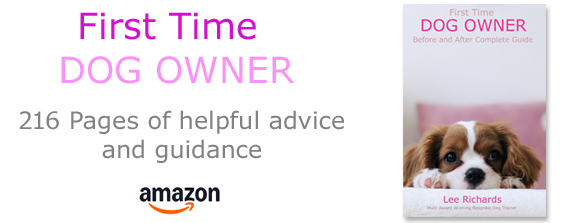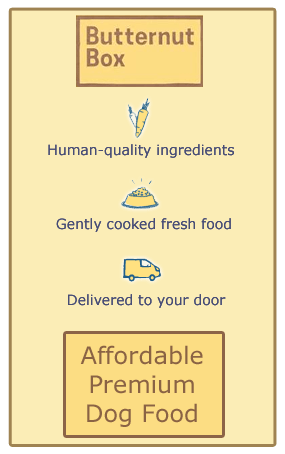Essential fats play a pivotal role in your dog’s diet, contributing significantly to overall health and wellbeing.
These fats, primarily Omega-3 and Omega-6 fatty acids, cannot be produced by your dog’s body, necessitating their inclusion in the diet.
ESSENTIAL FATS FOR YOUR DOG
Omega-3 and Omega-6 fatty acids serve numerous crucial functions for your furry friend.
They support healthy skin and coat, boost the immune system, aid in vision development, and promote proper functioning of the nervous system.
These fatty acids also exhibit anti-inflammatory properties, helping to mitigate conditions like arthritis and allergies.
CHOOSE HIGH-QUALITY DOG FOOD
Choosing dog food rich in essential fats is crucial.
Look for high-quality dog foods that list a source of essential fats, such as fish oil or flaxseed, in their ingredients.
Fish, particularly cold-water fish like salmon or mackerel, is an excellent source of Omega-3 fatty acids.
Flaxseeds and walnuts also provide these valuable nutrients.
Omega-6 fatty acids can be found abundantly in poultry, eggs, and vegetable oils.
INFLAMMATION WOES
However, merely including sources of essential fats in your dog’s diet isn’t enough.
The ratio of Omega-6 to Omega-3 fatty acids is equally important.
Many commercial dog foods are disproportionately high in Omega-6 fatty acids, which can lead to inflammation when not balanced with sufficient Omega-3s.
A healthy ratio typically falls between 5:1 and 10:1, Omega-6 to Omega-3.
NOT ALL FATS ARE GOOD
When considering dog food, remember that not all fats are beneficial. Saturated fats, commonly found in animal fats and dairy, can contribute to obesity and heart disease in dogs.
Trans fats, often found in processed dog treats, are also harmful.
HEALTHY DOG, HAPPY DOG
Supplementing your dog’s diet with essential fats can be a great option.
Fish oil supplements are a popular choice due to their high Omega-3 content.
However, always consult with a vet before adding any supplements to your dog’s diet.
Essential fats are a vital part of a balanced dog diet, offering numerous health benefits.
However, it’s important to choose high-quality sources and maintain a balanced ratio of Omega-3 to Omega-6 fatty acids.
Always consult your vet for personalized advice tailored to your dog’s specific needs.
Your furry friend’s health and happiness depend on the choices you make for their diet.









